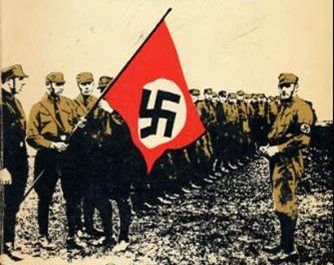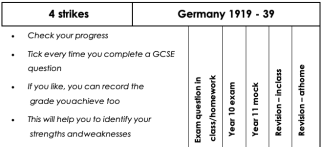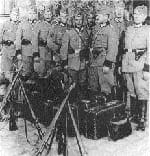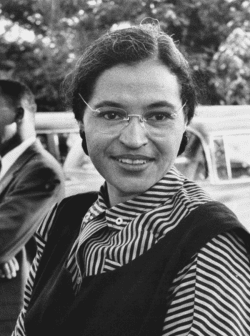
Having worked so hard to develop pupils understanding of historical interpretations at Key Stage 3, many history teachers feel short-changed when it comes to Key Stage 4. Not only is there little real sense of progression, there is often little reward for spending time on this key concept. Examination questions in which students need to show their grasp of interpretations are rare. Even in KS3 textbooks we now have whole chapters on historiography. You will look in vain to find many, indeed any, which give it such attention at GCSE.
What are the implications for our GCSE teaching?
Do we just not bother, as it is unlikely to ‘come up in the exam’? Do we just touch on it because it is intrinsically interesting? Do we focus on it because only by comparing different historians’ opinions can students really grasp what history is about? Or do we focus on it





